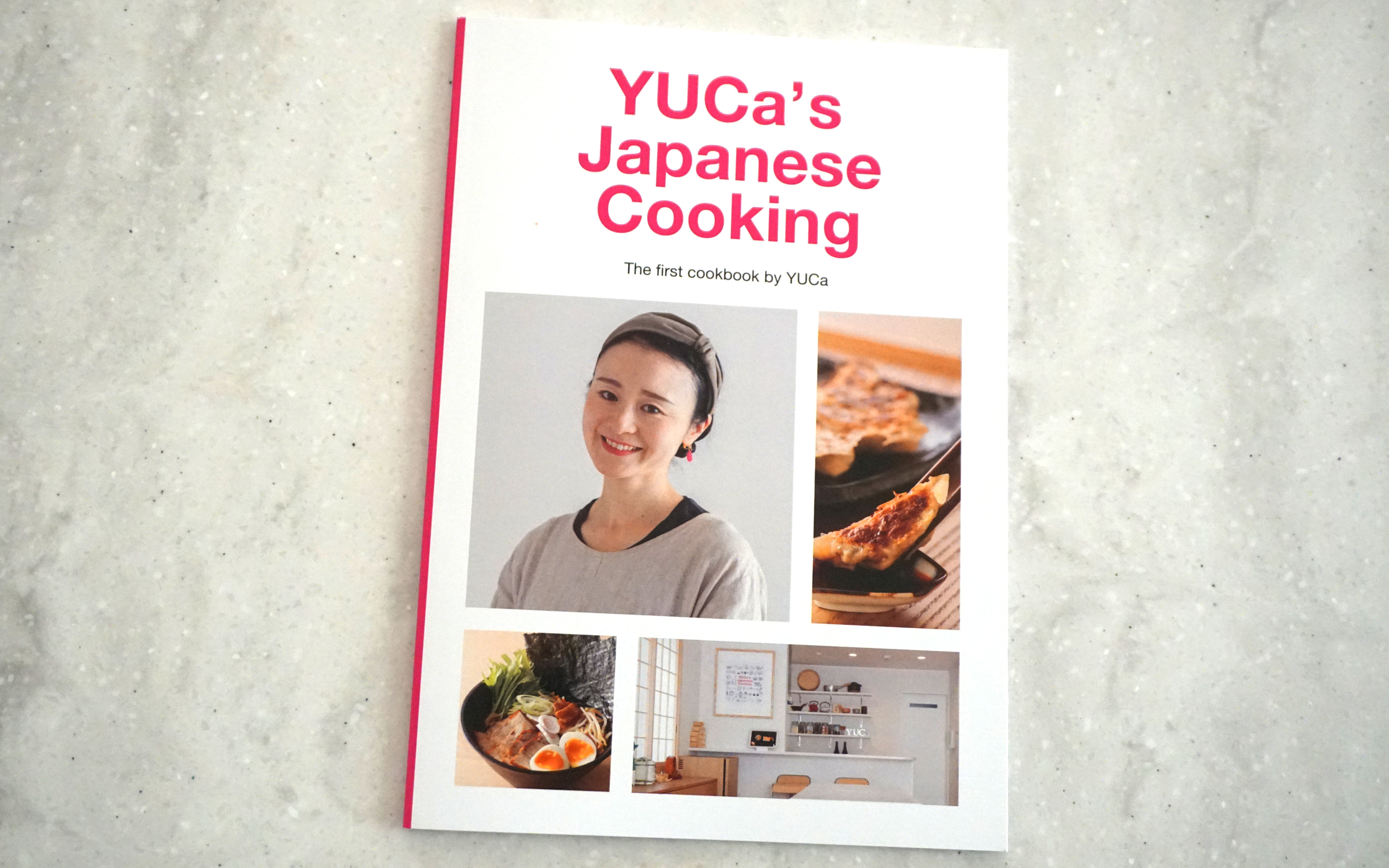Latest Posts
Matcha Soymilk Pudding

Do you like matcha green tea? Matcha is made by grinding special tea leaves on a millstone and is used for beverages as well as for confectionery. This time, we will use that matcha powder to make vegan pudding without eggs or milk.
* My brand YUCa’s Tea also sells organic matcha, which has been well received by matcha fans in Japan and abroad. I hope you will try them! For more detail, please check this page!
Read More
Wheat Gluten Rusk

Fu(麩) or Ofu(お麩), also known as gluten or wheat gluten, is an ingredient typically used in soups or cooked with liquids to enhance its texture. In this recipe, we will use fu to create a simple snack that highlights its unique texture. The aroma and flavor of melted butter and caramelized sugar will captivate everyone from children to adults. Please give it a try!
Read More
Tofu & Kinako Cookie
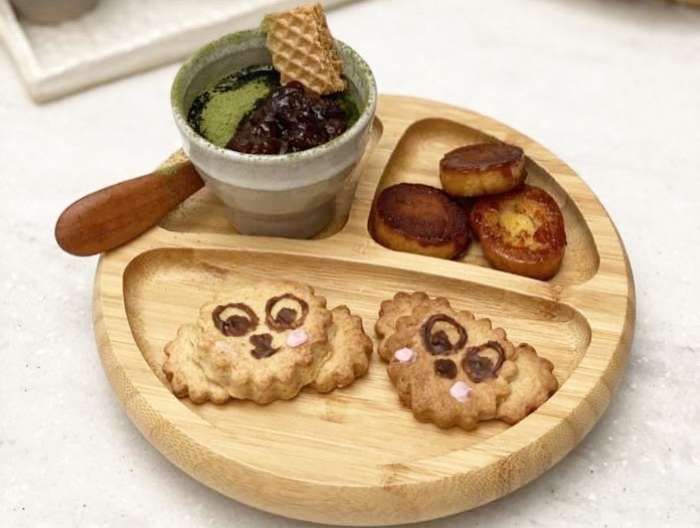
Are you interested in sweets that don’t use eggs and milk? This time, I’ll make cookies using tofu and kinako(soybean powder), which are familiar health foods in Japan. To make them enjoyable, I tried making cookies shaped like the faces of our pets, Mario and Luigi.
Read More
Warabi Mochi
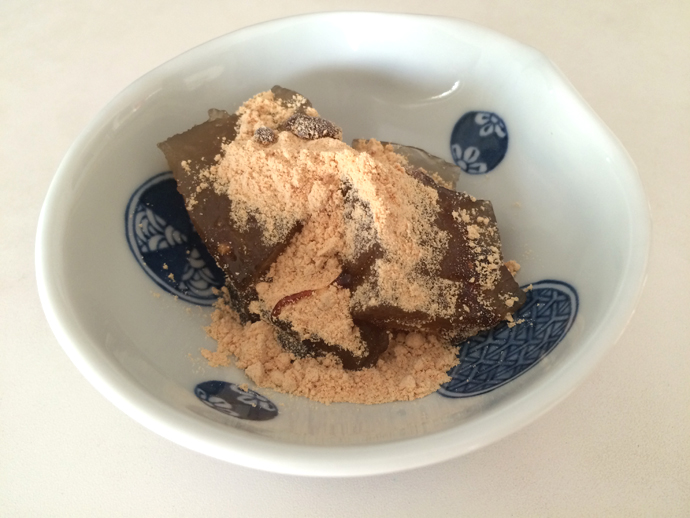
Warabi mochi (わらび餅) is a Japanese confectionery made from starch extracted from the root of the wild vegetable “warabi”. The pulled texture of the warabi mochi and the harmony of the molasses and soybean flour called “Kinako” are addictive, and you will not be able to stop eating it.
Warabi mochi is often confused with kuzumochi, which is also eaten with molasses and soybean flour, but kuzumochi is milky white and has a slightly harder texture. Kuzumochi is made from starch extracted from the root of the “kuzu” plant.
Read More
Ichigo Daifuku (Strawberry Mochi)
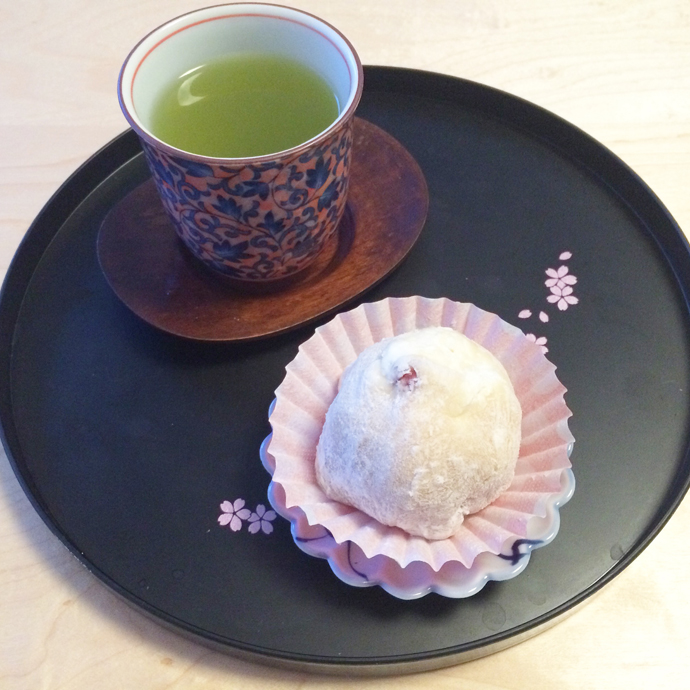
Ichigo Daifuku (いちご大福) is made by wrapping a whole strawberry in anko (red bean paste) and then wrapping it in gyuhi (a type of rice cake). The combination of the tartness of the strawberries and the sweetness of the bean paste is exquisite, and the texture of the mochi is also unique.
There are various theories as to the origin of Ichigo Daifuku, but it is said to have originated in the 1980s, inspired by shortcake. Although it has a shorter history than other wagashi, it is now firmly established as one of Japan’s most popular wagashi.
Read More
Anko (Red bean paste)
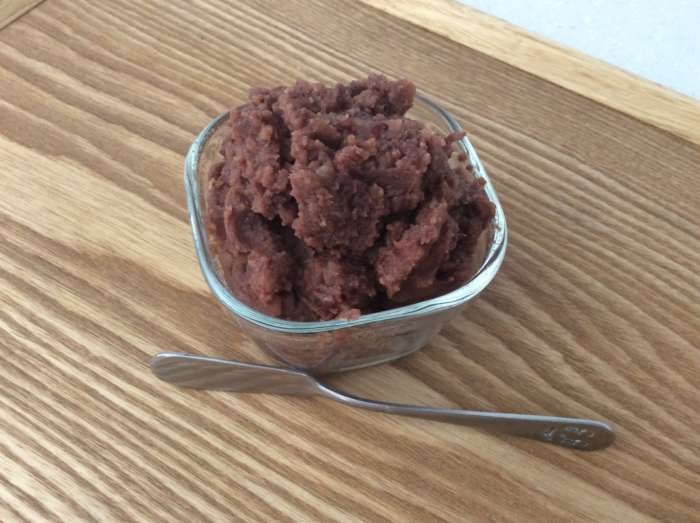
Anko(あんこ) is sweetened azuki beans. It is used in many wagashi, such as daifuku, taiyaki, anmitsu, and oshiruko, and is essential for making wagashi. There are two types of anko: Tsubu-an (つぶあん), which retains the texture of the azuki bean grains, and koshi-an(こしあん), which is strained smooth. If you feel that store-bought anko is too sweet, why not try making homemade anko? And if you do, don’t forget to use azuki beans called dainago(大納言).
Read More
Ohagi & Botamochi
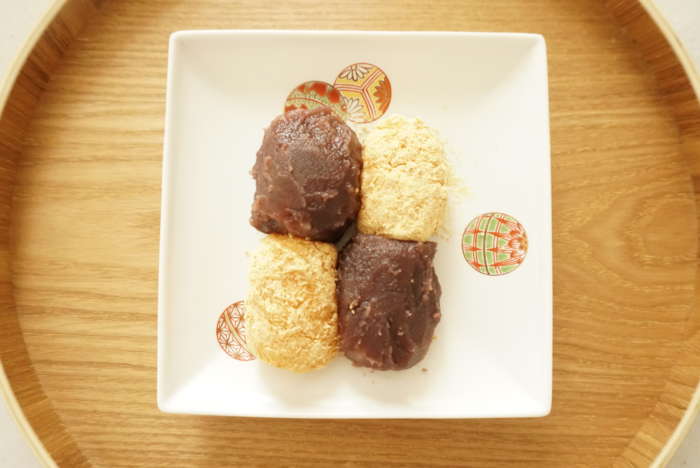
Ohagi (おはぎ) is made by wrapping sweet bean paste with glutinous rice cake or, conversely, by rolling glutinous rice cake into a ball and wrapping it with sweet bean paste. It is an indispensable food for offerings on the far shore, and seems to be a Japanese confectionery that has been familiar to people since ancient times.
In addition, it is called “Ohagi” on the autumnal equinox when hagi flowers bloom, and “Botamochi” on the spring equinox when peony flowers bloom. It is interesting that the names change depending on the time of year.
Read More
Taiyaki (Fish shape waffle)
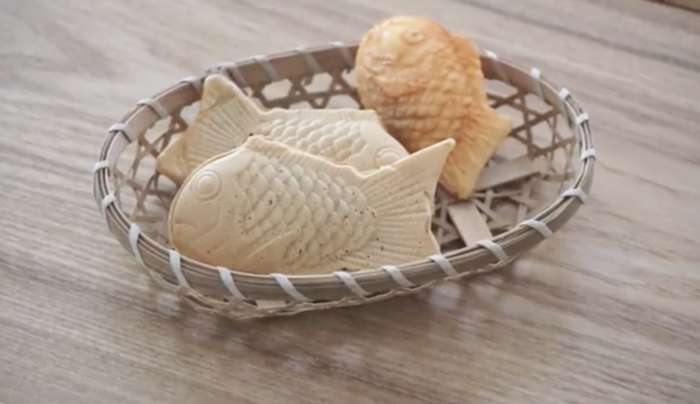
Do you know this fish shape waffle? This is called Taiyaki (鯛焼き). “Tai (鯛)” means a carp and “Yaki (焼き)” means stir-fry or bake in Japanese. To make this shape, you need to buy special waffle machine. You can buy online or electric stores here in Japan to make at home or you can find Taiyaki shops at many places here in Japan. Usually, Taiyaki has red bean paste inside but some shops sell custard cream, matcha cream, sweet potato paste, Chocolate cream, Sesame cream etc. In this recipe, I introduce the traditional Taiyaki which has red bean paste inside. Enjoy!
Read More
Egg Sandwich (Deluxe version)
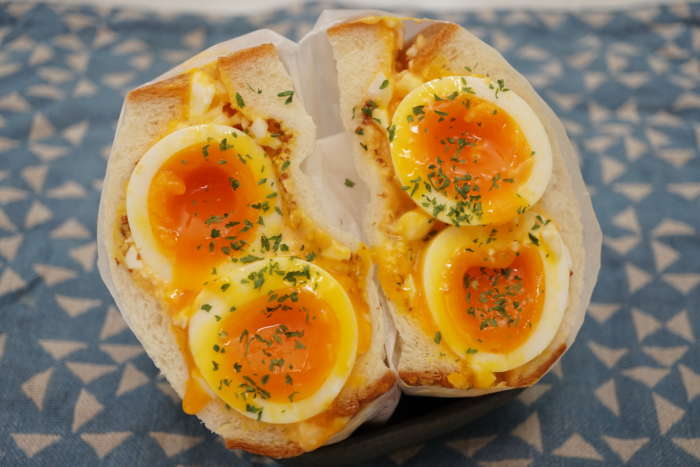
One of the most popular sandwiches in Japan is the egg sandwich. Convenience stores, supermarkets, and specialty stores sell a variety of egg sandwiches, and I have already introduced two recipes on my blog. This time, I will introduce the deluxe version Egg Sandwich; Egg Mayo Salad + Soft-boiled Egg combo style. If you are egg lovers, this is the perfect recipe for you! Read More
Mochi Ice Cream
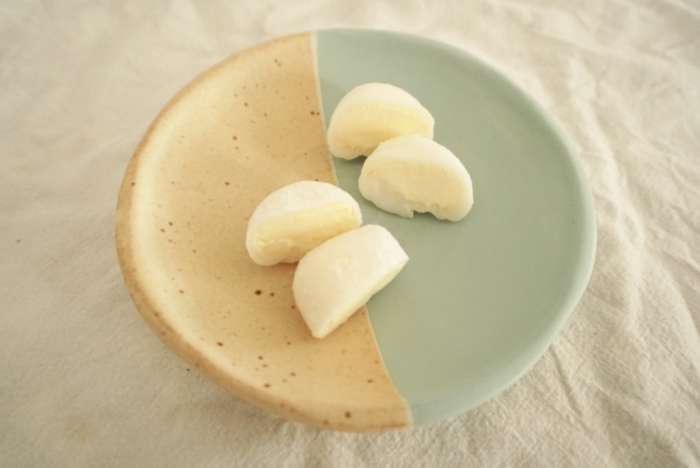
Overseas, Mochi is recognized as a sweet wrapped in ice cream. In Japan, a particular product from a certain confectionery maker, often found in convenience stores and supermarkets, is well known. This recipe uses vanilla ice cream, but you can customize it with your favorite ice cream.
Read More



















